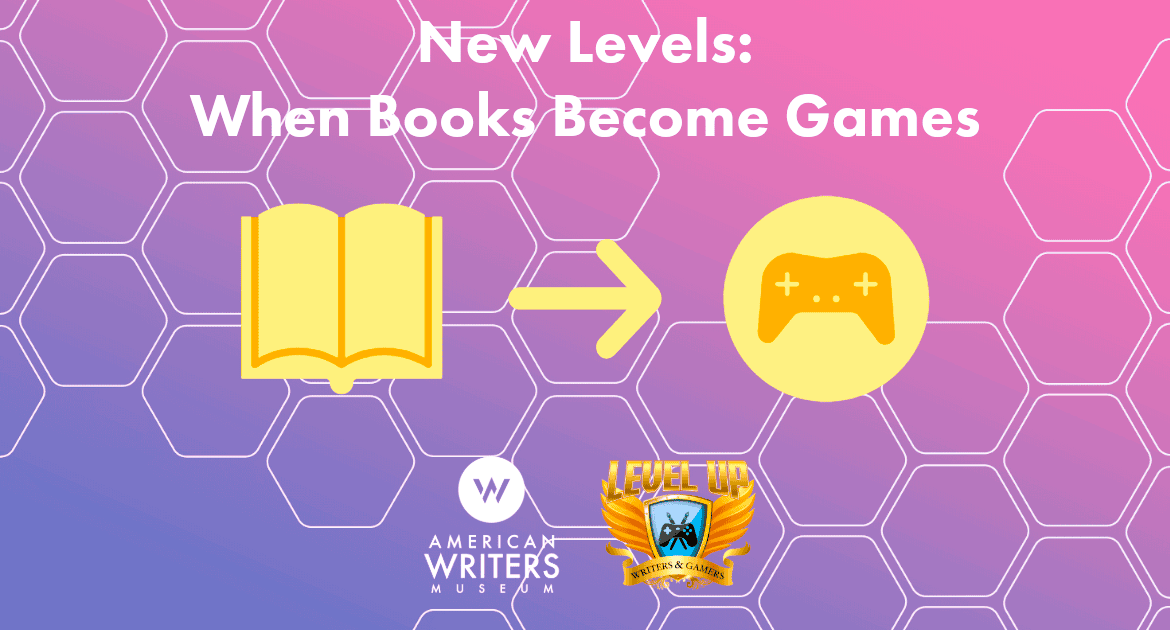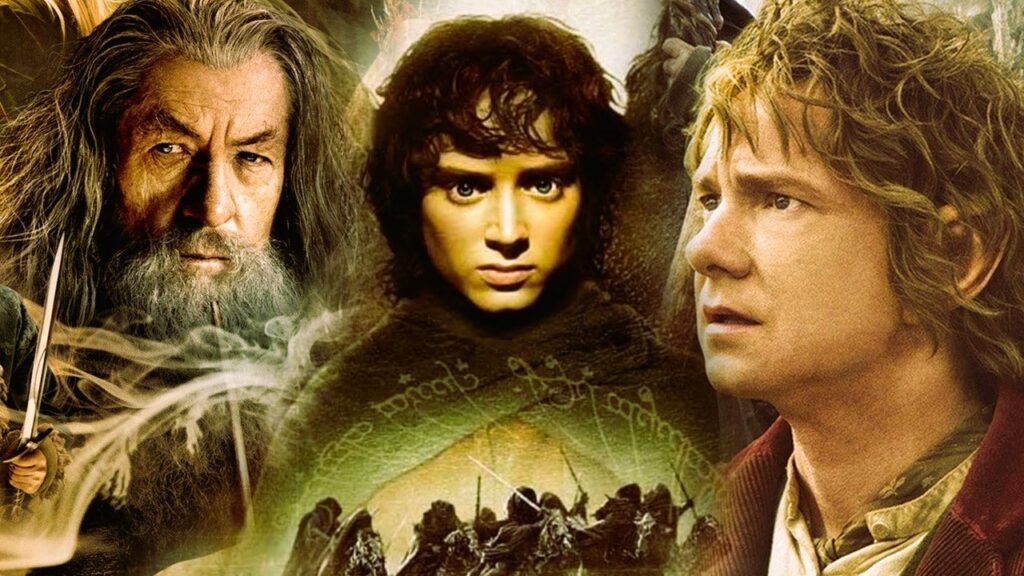
The Future of Game Adaptations: What Books Are Next?
Video games have long been inspired by literature, offering fans of beloved books a chance to step into the worlds they’ve imagined. From epic fantasies to dystopian science fiction, many game adaptations have brought literary narratives to life, blending storytelling with interactive gameplay. But with so many classics already adapted, what lies ahead for the future of game adaptations? Let’s explore the possibilities and the books that might make the leap into gaming next.
The Rise of Game Adaptations
Game adaptations of books have become increasingly popular due to their ability to merge deep narratives with immersive gameplay. Titles like The Witcher 3: Wild Hunt, based on Andrzej Sapkowski’s series, and Metro Exodus, inspired by Dmitry Glukhovsky’s novels, have set benchmarks for the genre. These games showcase how detailed world-building and complex characters can enhance the gaming experience.
As technology advances, game developers are exploring new ways to translate literature into interactive entertainment. With richer graphics, artificial intelligence, and open-world designs, the potential for bringing book worlds to life has never been greater.
What Makes a Book a Good Candidate for Adaptation?

Not every book is suited for a game adaptation. Certain characteristics make a novel particularly well-suited:
- Expansive World-Building: Books with detailed, layered worlds, like J.R.R. Tolkien’s The Lord of the Rings, lend themselves to open-world and role-playing games.
- Complex Characters: Stories with multidimensional characters allow for rich narrative choices and player-driven decisions.
- High-Stakes Conflict: A strong central conflict or goal keeps players engaged, whether it’s survival, exploration, or solving a mystery.
- Fan Base: Popular books with dedicated fans are more likely to succeed in the competitive gaming market.
Books That Could Shape the Future of Gaming
1. Brandon Sanderson’s Stormlight Archive
With its intricate magic system, sprawling landscapes, and multifaceted characters, The Stormlight Archive is a prime candidate for a large-scale RPG. Players could explore Roshar’s diverse kingdoms, bond with spren for unique powers, and participate in epic battles. Creating realism in post-apocalyptic games, read our literature lessons.
The depth of the series would make it perfect for an open-world experience similar to Elden Ring.
2. Frank Herbert’s Dune Messiah
While Dune has already inspired several games, its sequels offer untapped potential. Dune Messiah delves into the psychological and political struggles of Paul Atreides, presenting an opportunity for a strategy game with narrative depth.
Imagine a game where players balance the complexities of ruling an empire, maintaining alliances, and navigating prophetic visions.
3. Octavia E. Butler’s Parable of the Sower
This speculative fiction classic explores themes of survival, community, and societal collapse—perfect for a narrative-driven survival game. Players could step into Lauren Olamina’s shoes, building a community and facing the challenges of a dystopian world.
A game adaptation could combine resource management with branching storylines, similar to The Last of Us.
4. Neil Gaiman’s American Gods
With its blend of mythology and modern-day drama, American Gods could inspire a game where players interact with gods and mythical creatures across the United States.
The adaptation could use a mix of action and narrative elements, with players forming alliances and influencing the balance of power among gods.
Learn more about Neil Gaiman on Wikipedia.
5. Cixin Liu’s The Three-Body Problem
This groundbreaking science fiction series, known for its intricate ideas and cosmic scale, would make an exceptional foundation for a sci-fi strategy or simulation game. Players could manage the Earth’s defense against the Trisolarans or dive into the complexities of the Dark Forest theory.
A blend of exploration, strategy, and narrative would make this adaptation both intellectually stimulating and thrilling.
Emerging Trends in Book-to-Game Adaptations

Interactive Storytelling
With games like Detroit: Become Human and Life is Strange setting a precedent, future adaptations might lean into interactive storytelling. Books with morally complex narratives, such as Margaret Atwood’s The Handmaid’s Tale, could create compelling gameplay experiences where every choice shapes the story.
Open-World Exploration
Games like Red Dead Redemption 2 and Horizon Zero Dawn have shown the power of immersive open-worlds. Books with expansive settings, such as Patrick Rothfuss’s The Kingkiller Chronicle, could allow players to explore a rich, lore-filled environment while embarking on personal quests.
Multiplayer Experiences
As multiplayer games continue to dominate, adaptations could incorporate cooperative or competitive elements. For example, a game based on Suzanne Collins’s The Hunger Games could include battle royale-style gameplay, drawing players into a deadly fight for survival.
Challenges in Adapting Books into Games
While the future looks promising, adapting books into games is not without its challenges:
- Balancing Narrative and Gameplay: Developers must ensure that gameplay mechanics align with the book’s story and themes.
- Fan Expectations: Established fan bases come with high expectations, making it crucial to remain faithful to the source material.
- Technical Limitations: Some books’ grandiose worlds or intricate plots may push the boundaries of current gaming technology.
The Future Awaits
As the gaming industry continues to evolve, the opportunities for adapting books into games are limitless. Whether it’s the deep lore of a fantasy epic or the thought-provoking ideas of science fiction, literature offers a treasure trove of stories waiting to be explored.
The next wave of adaptations could redefine the boundaries of storytelling in games, proving once again that great stories transcend mediums.

